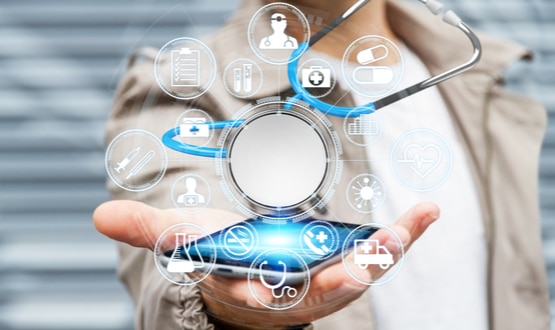Web 2.0 could be used in health e-learning
- 1 September 2006
Web 2.0 technologies such as wikis, podcasts and blogs could be quite effective tools in e-learning for health professionals in patients, according to a new paper published by BioMed Central.
The very interactivity of the technology could prove a boon for professional and patient education, providing that any changes and collaboration is effectively monitored, say researchers from the faculties of Education and Health and Social Work at the University of Plymouth.
"If effectively deployed, wikis, blogs and podcasts could offer a way to enhance students’, clinicans’ and patients’ learning experiences, and deepen levels of learners’ engagement and collaboration within digital learning environments," says the paper.
Research was needed into how interactive web technology could be included in existing e-learning applications and processes, "to serve as the ‘glue’… in order to provide a coherent wholesome learning experience."
Although podcasts are not interactive in the same way was wikis and blogs, mobile learning through audio is showing some promise, said the researchers. The paper noted that downloadable, scheduled audio was already being used by many medical schools and journals, such as New York University and the New England Journal of Medicine.
"Students are now more mobile than ever, and often find themselves multi-tasking, working in part-time jobs, or located some distance from a parent institution on professional practice placement," said the study.
"A similar situation is faced by clinicians in remote and rural areas, who often lack training and proper academic support because of their geographic isolation from the large central hospitals and academics centres of excellence in the main cities."
Interactivity with other students and learners could be beneficial for those unable to socialise in a normal learning environment, said the researchers. Active learning and feedback could also help to increase learning and retention.
However, wikis and podcasts are prone to vandalism and copyright issues, should people post plagiarised material. Moderation could be time consuming.
The paper called for more research into the topic. "Research into the use and evaluation of Web 2.0 tools in medical and health education is still in its infancy, and the current pedagogic evidence base about these tools in the context of medical/health education is seriously lacking.
"We would therefore like to invite educators/researchers to experiment with these tools in some formal way and report back their results to the medical/health community, so that we may start building a proper evidence base."
A full copy of the paper can be downloaded from BioMed Central here.




